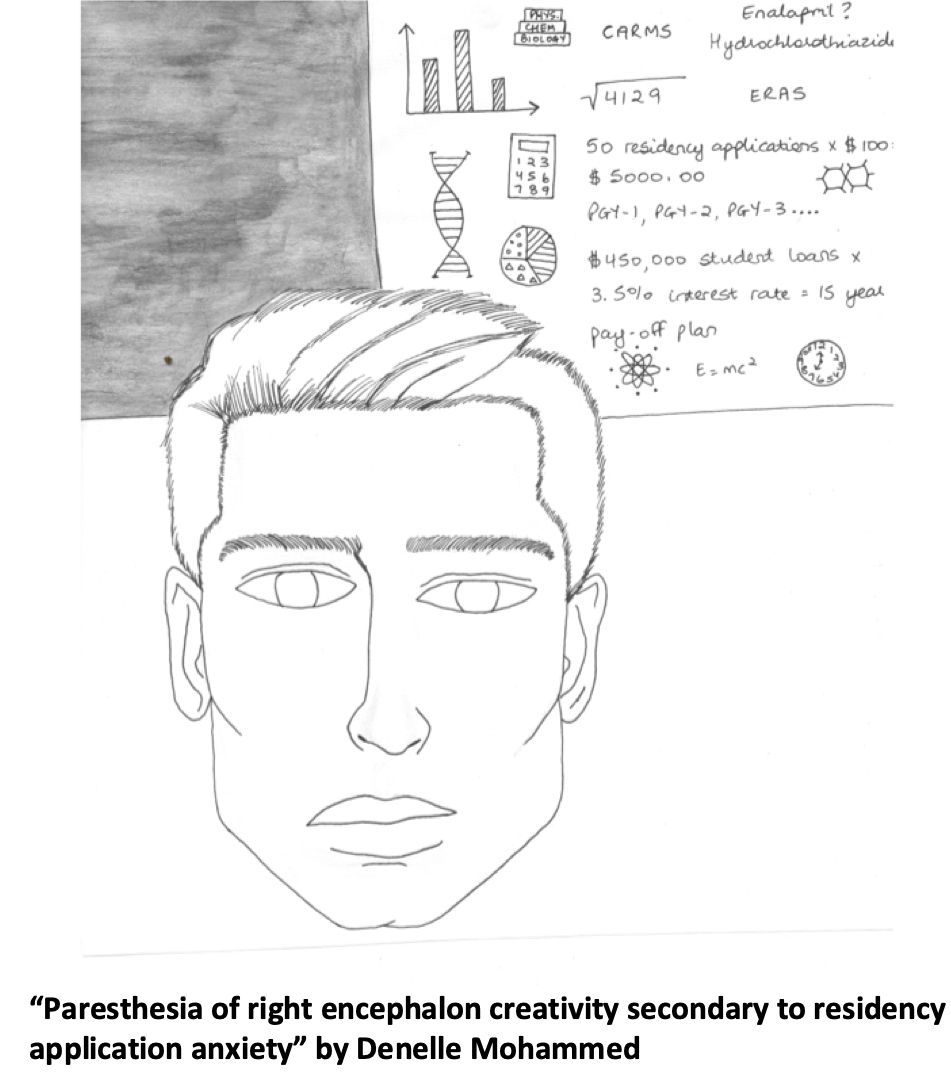Analysis of factors affecting Canadian medical students’ success in the residency match
DOI :
https://doi.org/10.36834/cmej.68981Résumé
Background: In North America, there is limited data to support deliberate application strategies for post-graduate residency training. There is significant interest in determining what factors play a role in Canadian medical graduate (CMG) matching to their first choice discipline and heightened concern about the number of students going unmatched altogether.
Methods: We analyzed matching outcomes of CMGs based on seven years (2013-2019) of residency application data (n= 13,499) from the Canadian Residency Matching Service (CaRMS) database using descriptive and binary logistic regression modeling techniques.
Results: The sample was 54% female, with 60% between the ages of 26 and 29, and 60% attended medical schools in Ontario. Applicants who received more rankings from residency programs were more likely (OR = 1.185, p < 0.001) to match. Higher research activities (OR = 0.985, p < 0.001) and number of applications submitted (OR = 0.920, p < 0.001) were associated with a reduced likelihood of matching. Number of volunteer activities and self-report publications did not significantly affect matching. Being male (OR = 0.799, p < 0.05) aged <25 (OR = 0.756, p < 0.05), and from Eastern (OR = 0.497, p < 0.01), or Western (OR = 0.450, p < 0.001) Canadian medical schools were predictors of remaining unmatched.
Conclusions: This study identified several significant associations of demographic and application factors that affected matching outcomes. The results will help to better inform medical student application strategies and highlight possible biases in the selection process.
Téléchargements
Publié
Numéro
Rubrique
Licence
La soumission d’un manuscrit original à la revue constitue une indication qu’il s’agit d’un travail original, qu’il n’a jamais été publié et qu’il n’est pas envisagé pour publication dans une autre revue. S’il est accepté, il sera publié en ligne et ne pourra l’être ailleurs sous la même forme, à des fins commerciales, dans quelque langue que ce soit, sans l’accord de l’éditeur.
La publication d’une recherche scientifique a pour but la diffusion de connaissances et, sous un régime sans but lucratif, ne profite financièrement ni à l’éditeur ni à l’auteur.
Les auteurs qui publient dans la Revue canadienne d’éducation médicale acceptent de publier leurs articles sous la licence Creative Commons Paternité - Pas d’utilisation commerciale, Pas de modification 4.0 Canada. Cette licence permet à quiconque de télécharger et de partager l’article à des fins non commerciales, à condition d’en attribuer le crédit aux auteurs. Pour plus de détails sur les droits que les auteurs accordent aux utilisateurs de leur travail, veuillez consulter le résumé de la licence et la licence complète.











